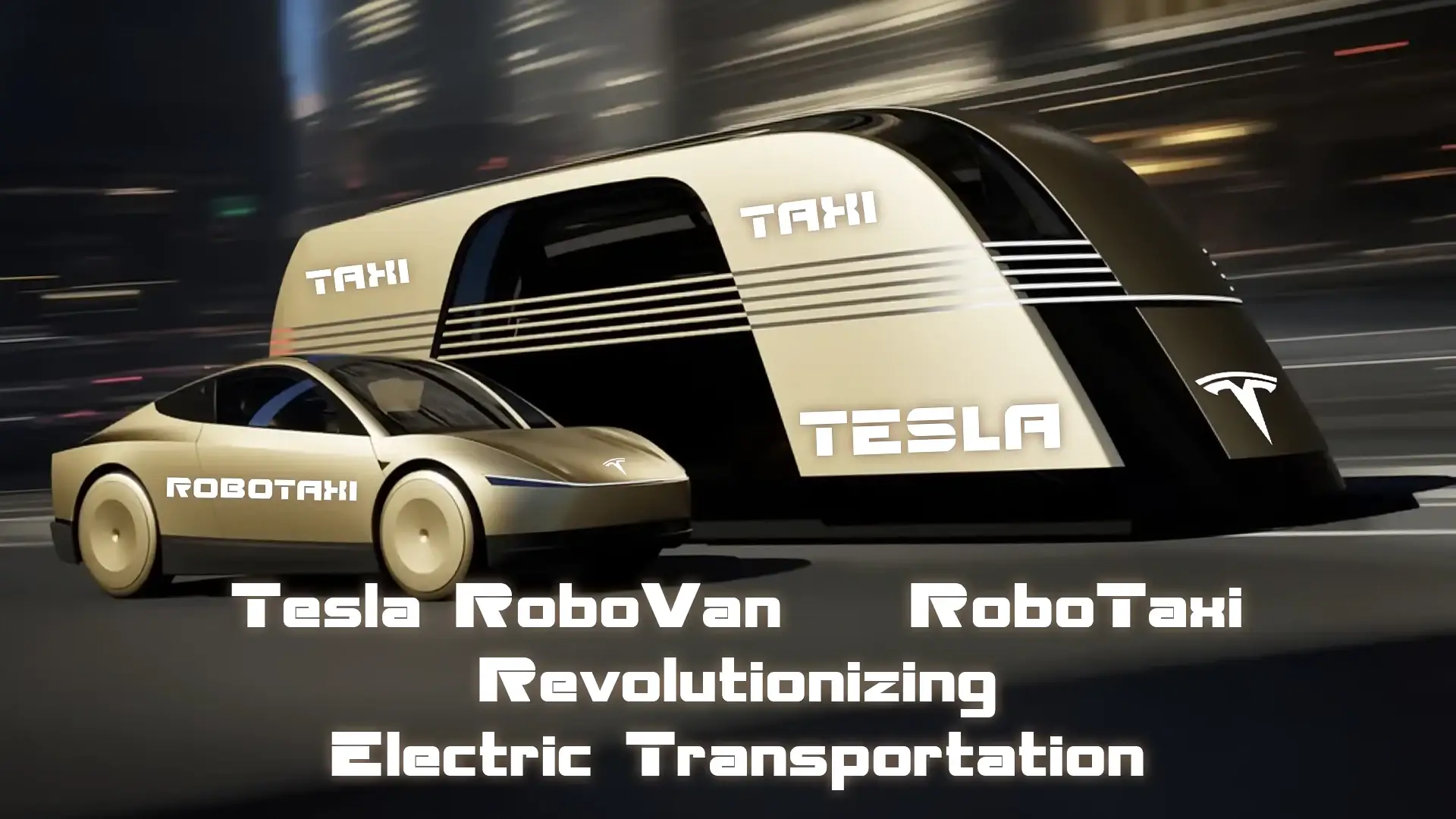In the realm of artificial intelligence, OpenAI stands as a pioneering force, continuously pushing the boundaries of what AI can achieve. One of the most intriguing and perhaps controversial statements to emerge from OpenAI is the belief that superhuman AI is on the horizon. In this article, we will delve into the implications of OpenAI’s perspective, exploring the current state of AI development, the factors driving this belief, and the ethical considerations that accompany the rise of superhuman intelligence.
The Landscape of AI Development
To understand OpenAI’s stance on superhuman AI, it’s essential to grasp the current landscape of artificial intelligence development. Over the past decade, we’ve witnessed remarkable advancements in machine learning, natural language processing, and computer vision. From self-driving cars to sophisticated language models, AI has become an integral part of our daily lives.
OpenAI has been at the forefront of these developments, creating cutting-edge models such as GPT-3.5, the architecture powering this very article. These models showcase the immense capabilities of AI, capable of understanding context, generating human-like text, and even engaging in conversations that mimic natural language interactions. The evolution of AI has been rapid, raising questions about the potential trajectory of its future capabilities.
OpenAI’s Perspective: Superhuman AI on the Horizon
OpenAI’s assertion that superhuman AI is on the horizon is grounded in the observation that AI systems are continually surpassing human-level performance in various domains. The development of AI models that outperform humans in tasks such as image recognition, language translation, and gaming indicates a trend toward superhuman capabilities.
The belief is not centered on a specific breakthrough but rather on the cumulative progress made in diverse AI applications. OpenAI recognizes that as AI systems become more sophisticated and capable, they will inevitably exceed human abilities across a broad spectrum of tasks. This perspective prompts a crucial question: How will society navigate the arrival of AI that surpasses human intelligence?
Navigating the Implications
The arrival of superhuman AI raises a myriad of implications across societal, ethical, and economic dimensions. From a societal standpoint, the integration of highly intelligent AI systems could revolutionize industries, leading to unprecedented levels of automation and efficiency. However, this also poses challenges, such as the potential displacement of jobs and the need for redefined skill sets in the workforce.
Ethically, the deployment of superhuman AI introduces complex considerations. Issues related to accountability, bias, and transparency become even more critical when dealing with AI systems that can outperform human decision-making. OpenAI acknowledges the need for robust ethical frameworks and responsible AI development to ensure that the benefits of superhuman AI are distributed equitably and without harm.
The Role of Regulation and Ethical Guidelines
As superhuman AI looms on the horizon, the importance of regulation and ethical guidelines cannot be overstated. OpenAI emphasizes the need for a collaborative approach involving governments, industry stakeholders, and the public to establish a framework that mitigates risks while fostering responsible AI development.
Striking the right balance between innovation and regulation is a delicate task. Too much regulation could stifle progress, while too little could lead to unintended consequences. OpenAI advocates for a nuanced approach that encourages innovation while ensuring that ethical considerations are at the forefront of AI development.
OpenAI’s Commitment to Safety
Amidst discussions about the potential risks associated with superhuman AI, OpenAI remains committed to prioritizing safety. The organization is actively engaged in research and development efforts aimed at ensuring that AI systems are robust, reliable, and aligned with human values.
OpenAI recognizes that the development of superhuman AI brings with it the responsibility to address potential risks, including unintended consequences and the misuse of advanced technology. By actively working on safety measures, OpenAI aims to pave the way for the responsible deployment of superhuman AI.
And so: Anticipating the Future of AI
In And so, OpenAI’s belief that superhuman AI is coming reflects the organization’s commitment to pushing the boundaries of AI capabilities. As AI continues to evolve, it is essential for society to engage in thoughtful discussions about the implications and ethical considerations surrounding the rise of superhuman intelligence.
The journey toward superhuman AI is a complex and multifaceted one, requiring collaboration, ethical guidelines, and a commitment to safety. OpenAI’s perspective serves as a catalyst for these conversations, urging us to explore the potential benefits and challenges that lie ahead. By navigating this path with a collective understanding, we can shape a future where advanced AI enhances human potential while respecting the values that define our society.



